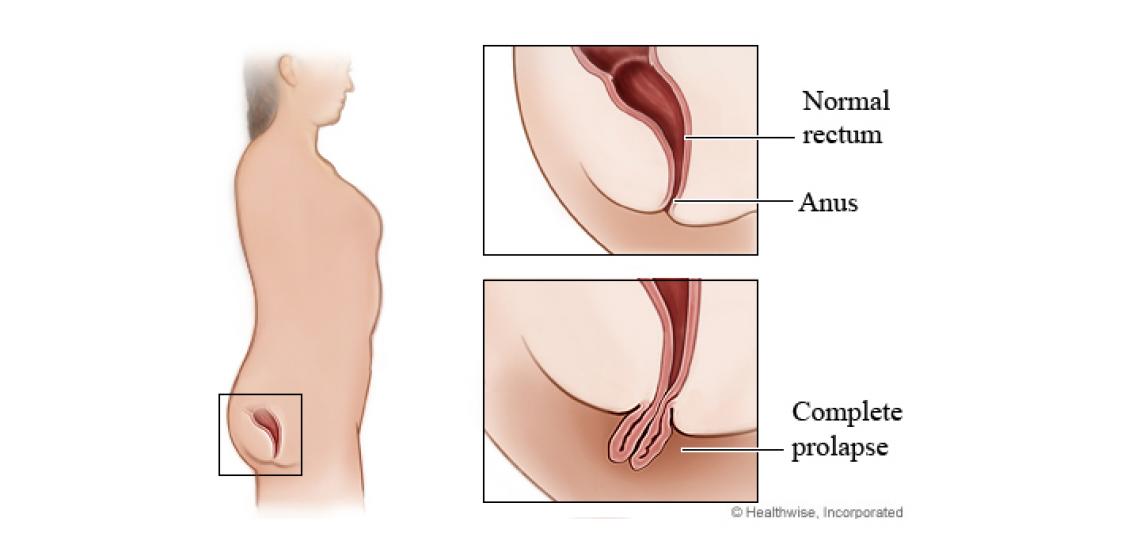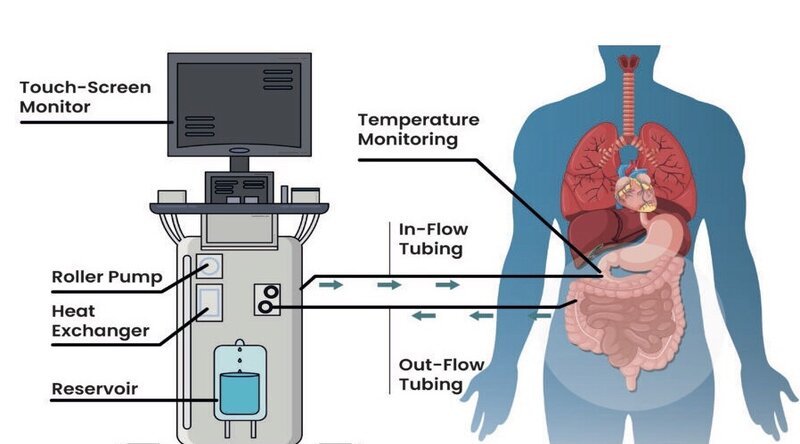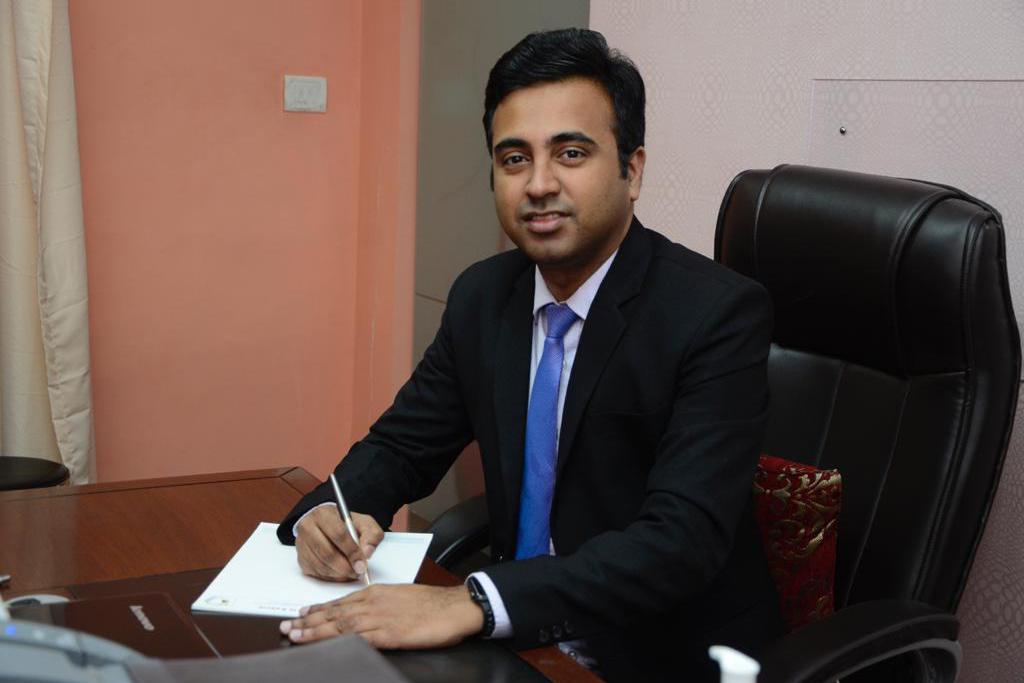In some cases,rectal prolapse can be managed without surgery. Non-surgical treatment options are typically considered for mild cases or for individuals who may not be suitable candidates for surgery. Here are some non-surgical approaches to managing rectal prolapse:
1- Lifestyle Modifications:
- Dietary changes, such as increasing fiber intake to prevent constipation.
- Adequate hydration to maintain regular bowel movements.
- Avoiding straining during bowel movements.
2- Pelvic Floor Exercises:
- Kegel exercises and other pelvic floor muscle training can help strengthen the muscles that support the rectum.
3- Medications:
- Medications to manage symptoms such as stool softeners or laxatives to prevent constipation.
4- Biofeedback Therapy:
- Biofeedback can be used to train and improve pelvic floor muscle function.
5- Pessary Use:
- In some cases, a pessary—a device inserted into the vagina to support pelvic organs—may be recommended.
It’s important to note that while non-surgical options may alleviate symptoms and improve quality of life, they may not provide a permanent solution for rectal prolapse, especially in more severe cases. Regular follow-ups with a healthcare provider are crucial to monitor the condition and adjust the treatment plan as needed.
Are you seeking specialized care for gastrointestinal concerns? Dr. Chintamani, recognized as the leading Gastrointestinal Doctor in Mumbai, is dedicated to providing comprehensive and personalized solutions for your digestive health.




